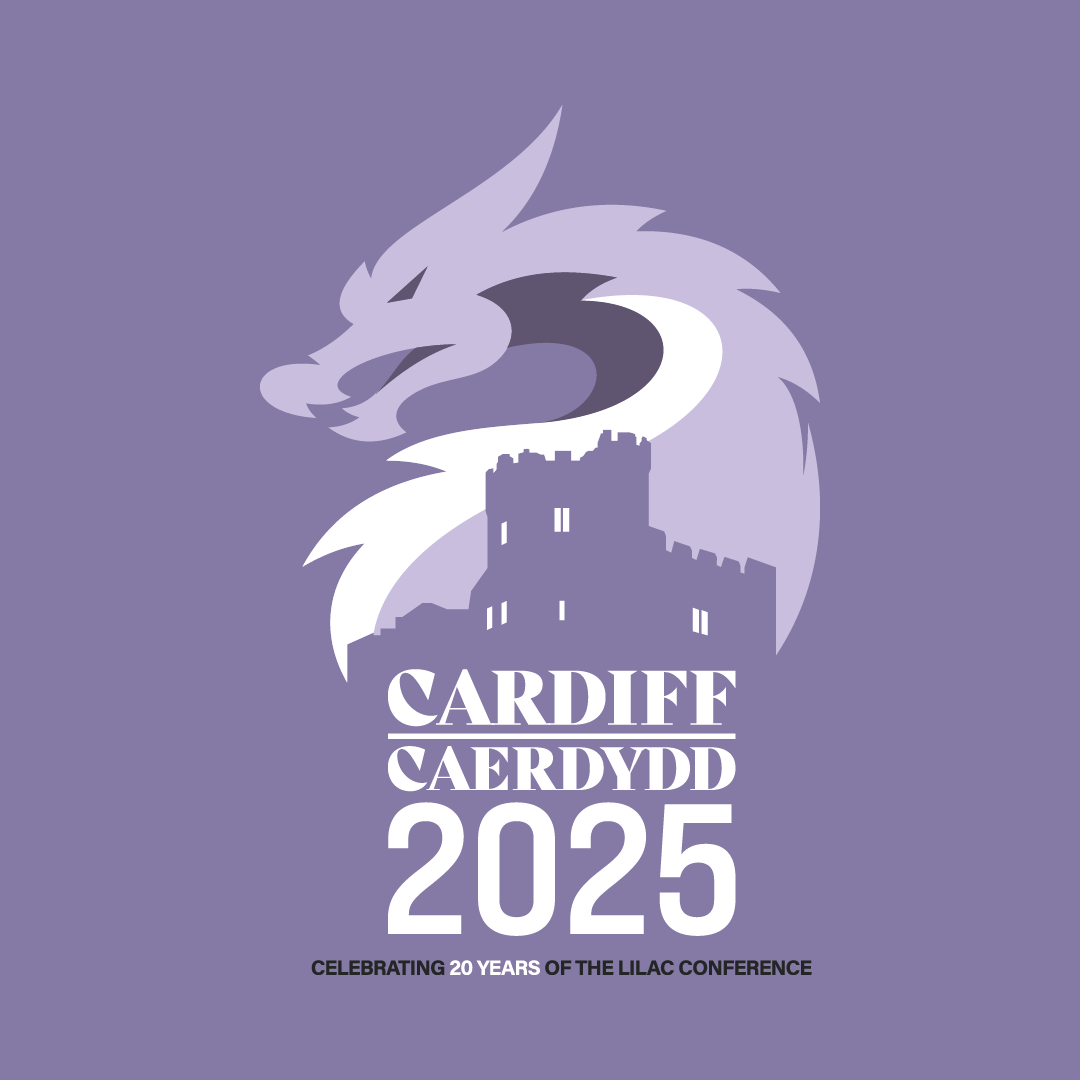Abstract
ACRL (2021) placed ‘expanding literacies’ front and centre in its review of key developments in higher education, naming data literacy, financial literacy, maker literacy, digital literacy, science literacy and privacy literacy as areas where librarians are expected ‘to take a larger role [to] help students become not only skilled members of the workforce but also informed and engaged citizens in their own right’. Yet these examples form only part of a wider array of 21st-century meta/multi-literacies supported and promoted by academic librarians. Our research sought a fuller understanding of library responses to the social challenges and changes affecting higher education and wider society with particular reference to developments and trends in library instruction and information literacy and impacts on professional practice. Our qualitative study combined a literature survey of information, educational and social science research with an environmental scan covering library, institutional and civil society websites. We were interested in answering three key questions:
• How extensive is the range of information and related literacies and learning facilitated or taught by academic librarians?
• Which theories, strategies, methods and frameworks are librarians using with students to develop emergent and established literacies?
• What are the implications of engagement with an expansive literacy agenda for professional development and library management?
We discovered that in addition to the literacies referenced by ACRL, academic librarians are also involved with visual, spatial, multimodal, archival, sustainability, entrepreneurial, civic and algorithmic literacies, along with the more familiar academic, copyright and critical literacies. We also found that librarians are expanding their teaching repertoires, adopting and developing new strategies to reflect the diverse contexts and multiple purposes of their educational interventions by using constructivist, sociocultural and connectivist learning theories; frameworks such as Decoding the Disciplines, Transparency in Teaching and Learning, and Universal Design for Instruction/Learning; space-related methods including constructionism and studio-based learning; and, most notably, anti-racist, asset-based, contemplative, culturally-relevant, identity-conscious and other inclusive pedagogies, like hip-hop and punk pedagogies (see, for example, Ellenwood, 2013; Folk, 2022; Nichols et al., 2020; and Rapchak, 2019).
These developments and others in academic libraries reflect an overarching ‘social turn’ in higher education that has happened over several decades, but gathered pace in the present century with renewed institutional commitments to social responsibility, environmental protection, sustainability management and community development. Sector moves towards integrative/lifewide learning, Students as Partners and Decolonising the Curriculum have given added momentum to the social shifts already evident. Co-operation and partnership is a recurring theme in the data we gathered, which revealed a variety of collaborative relationships – among library colleagues, with other services, with student learners, with subject teachers and with community partners. Our findings have implications for competency development, not only related to literacies and pedagogies, but also around cultural sensitivity and relationship building. They also raise questions about the types of organisational structures and strategic planning needed to support teaching librarians in the socially conscious library. The proposed presentation will use published case studies to illustrate our results and set the agenda for questions and discussion.
References
ACRL Research Planning and Review Committee (2021). 2021 environmental scan. Chicago, IL: Association of College & Research Libraries. https://www.ala.org/acrl/issues/whitepapers
Ellenwood, D., (2013). Hip-hop and information literacy: Critically incorporating hip-hop in information literacy instruction. In: S. Higgins & L. Gregory (Eds.), Information literacy and social justice: Radical professional praxis (pp. 163–184). Sacramento, CA: Library Juice Press.
Folk, A. (2022). Conceptualising the sociocultural nature of the development of information literacy in undergraduate education. In T. Schlak, S. Corrall & P. Bracke (Eds.), The social future of academic libraries: New perspectives on communities, networks and engagement (pp. 183-197). London: Facet.
Nichols, J., Williams, B. F., & Ervin, C. (2020). Students at the center of the studio: Service design, studio pedagogy, and peer learning. In E. Sengupta, P. Blessinger & M. D. Cox (Eds.), International perspectives on improving student engagement: Advances in library practices in higher education (pp. 59–77). Bingley, UK: Emerald. doi:10.1108/S2055-364120200000026005
Rapchak, M., (2019). That which cannot be named: The absence of race in the Framework for Information Literacy for Higher Education. Journal of Radical Librarianship, 5, 173–196. https://www.journal.radicallibrarianship.org/index.php/journal/article/view/33
